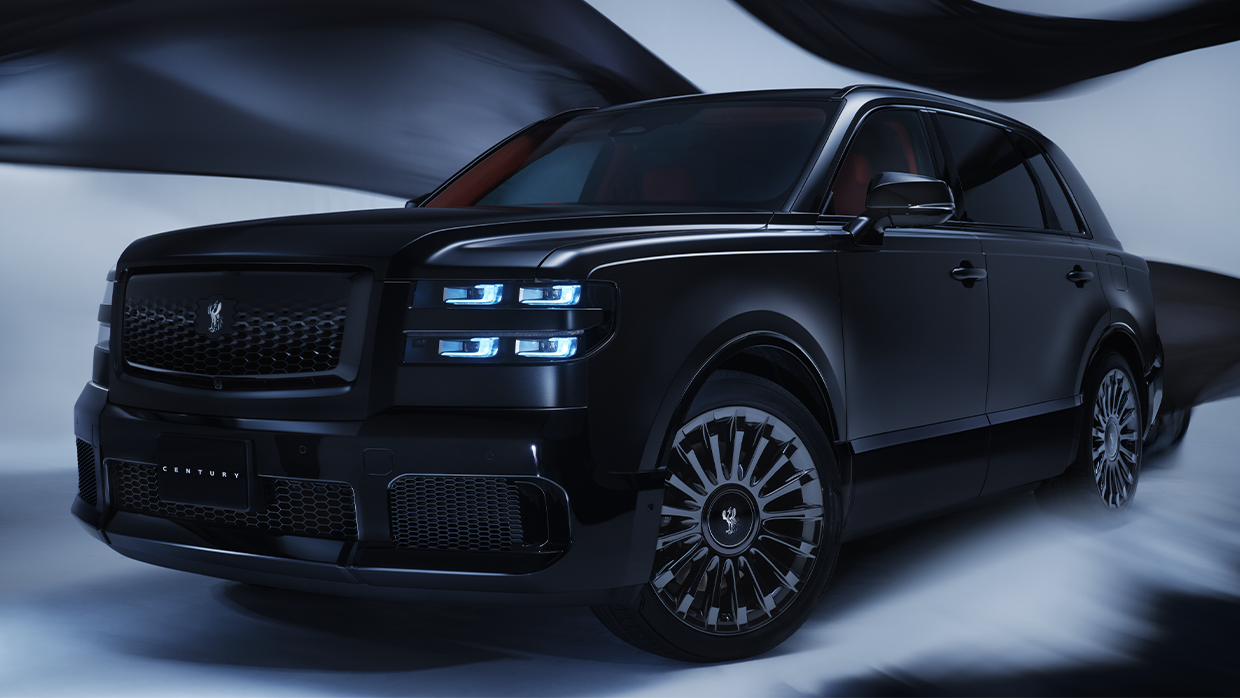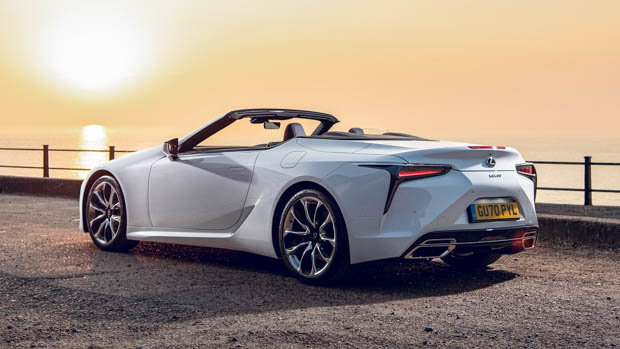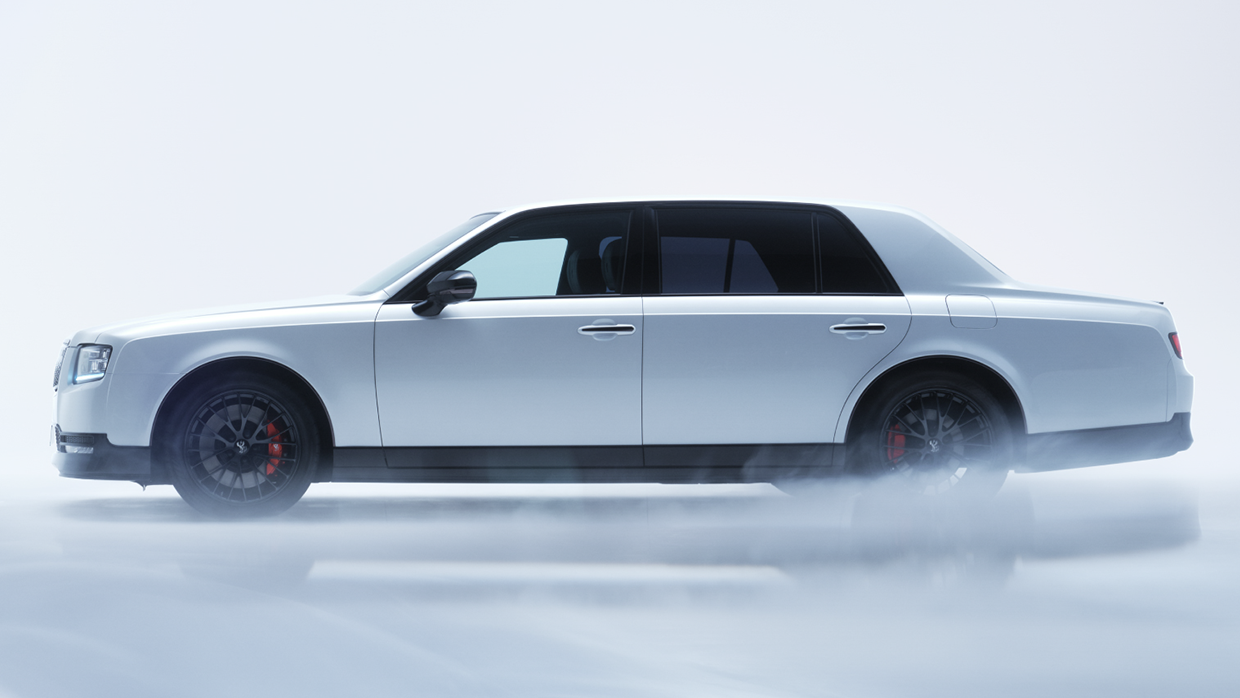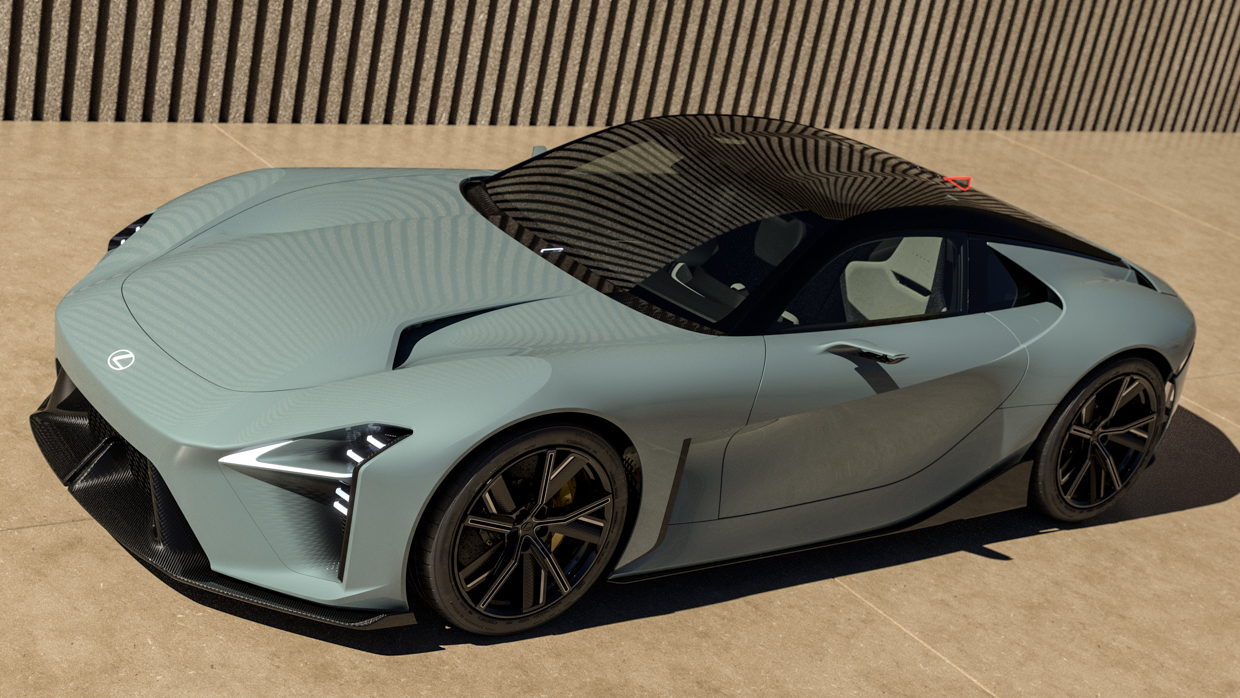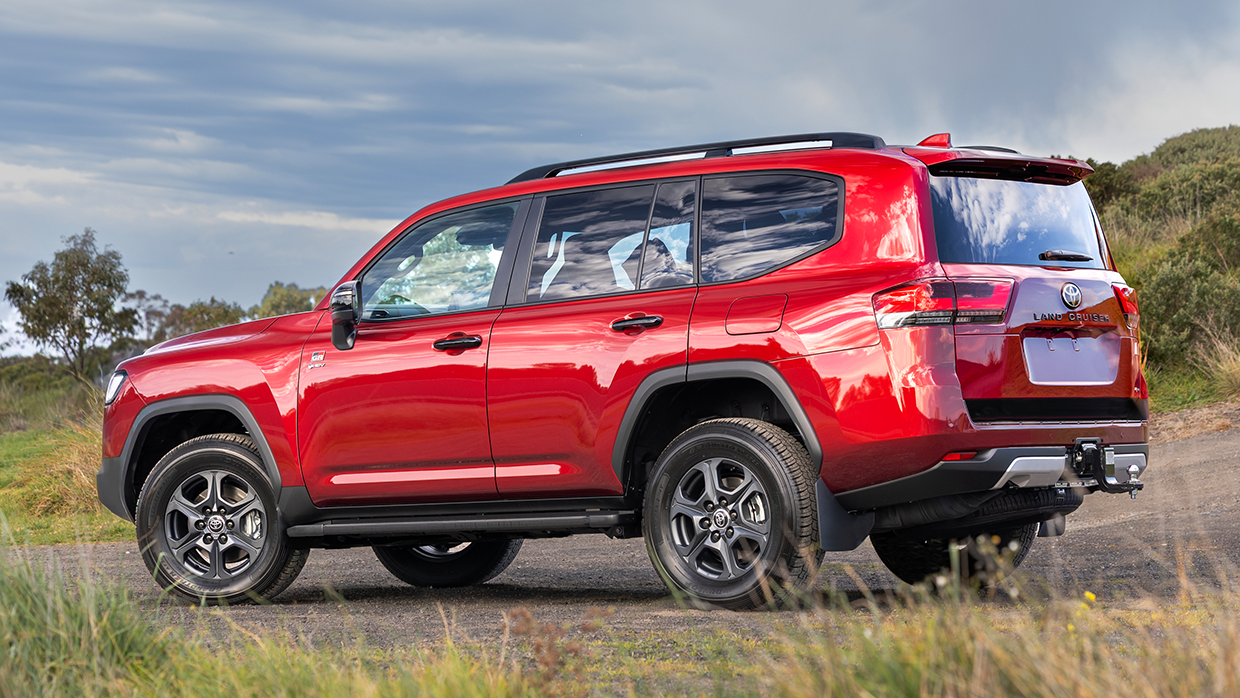-
Car Reviews
- All reviews
- Midsize SUVs
- Small cars
- Utes
- Small SUVs
- Large SUVs
- Large cars
- Sports SUVs
- Sports cars
- Vans
Latest reviews
- Car News
-
Car Comparisons
Latest comparisons
- Chasing Deals
Twin-turbo hybrid V8 will make its debut in two-door Lexus sports car, with Toyota and Century implementation on the cards for high-end models
Toyota will shortly introduce an all-new, 4.0-litre twin-turbocharged hybrid petrol V8 powertrain to crown its latest family of internal combustion engine offerings that will do service in Toyota, Lexus and Century models.
Until now, Toyota had only admitted that it was developing a pair of brand-new four-cylinder petrol engines in 1.5-litre and 2.0-litre capacities, but a secret plan to essentially combine a pair of two-litres into a 4.0-litre V8 was approved at least a year ago.
It won’t be long until the new Toyota V8 is used in a production car, with Toyota Motor Corporation powertrain company president Takashi Uehara confirming the 4.0-litre will debut in a forthcoming Lexus two-door sportscar.
“In [the] news, you see the new Lexus sportscar. [This V8 engine] is [for] that,” said Uehara.
The new Toyota V8 arrives just in time to replace the firm’s 2UR-GSE 5.0-litre, non-turbo, non-hybrid V8 that does duty in the Lexus LC500 coupe and convertible, and was previously fitted to the Lexus IS F, GS F and RC F high-performance models.
But while powertrain boss Uehara said Toyota engineers “love” V8s and that eight cylinders are great for performance, the decision to add a new V8 into the lineup was made for a very Toyota-like reason: durability.
“If we set first the maximum power required, we have to care about the design of the maximum RPMs. We have to care about the design of the combustion chamber. Then we selected a V8,” Uehara explained.
Toyota becomes the latest manufacturer to commit to developing a new V8. In recent months, China’s GWM and Germany’s Mercedes-Benz have done the same in a wider snapback against pure-electric power in some markets including the United States.
Past Toyota collaborator BMW has also decided to retain its 4.4-litre V8 — as has Porsche — though the Teutonic marques have increasingly relied upon plug-in hybrid (PHEV) systems to reduce the CO2 profile of the large petrol engine.
Uehara confirmed that Toyota would not be combining a PHEV with its new V8 for the time being — but said that it will use a plugless hybrid system.
“Just with the traditional hybrid system, we think [we can pass] Euro 7,” Uehara said. “We don’t rely on the PHEV system.”
It is likely that at least two versions of the new Toyota 4.0-litre V8 engine will see the light of day, with the company’s powertrains chief hinting at both luxury and sports implementations.
“Maybe we could have a V8 with more gentle or more muscular, heavy-duty versions,” Uehara suggested.
While Uehara confirmed the use of the hybrid V8 for the new two-door Lexus coupe — a model without a name but based on the Lexus Sport Concept — he would not be drawn on a Toyota sports car with the same engine.
However, Uehara did confirm that, technically speaking, the V8 could be used in the LandCruiser 4WD, and that a diesel version of the new V8 was also a possibility, including with a hybrid system of its own.
Whether the V8 will be used in an ultra-luxurious Century product is currently not known, but it was confirmed that the forthcoming Century coupe will sport a traditional engine rather than a fully electric powertrain.
“For Century, we have not decided which kind of engine to install, but it will have [an internal combustion engine].”
The 4.0-litre V8 is relatively closely related to the high-performance 2.0-litre turbocharged petrol four-cylinder engine Toyota has developed for future small sports cars.
“[For] the 2.0-litre turbo and the V8, the combustion concept is very similar,” Uehara said.
Latest news
About Chasing cars
Chasing Cars reviews are 100% independent.
Because we are powered by Budget Direct Insurance, we don’t receive advertising or sales revenue from car manufacturers.
We’re truly independent – giving you Australia’s best car reviews.
